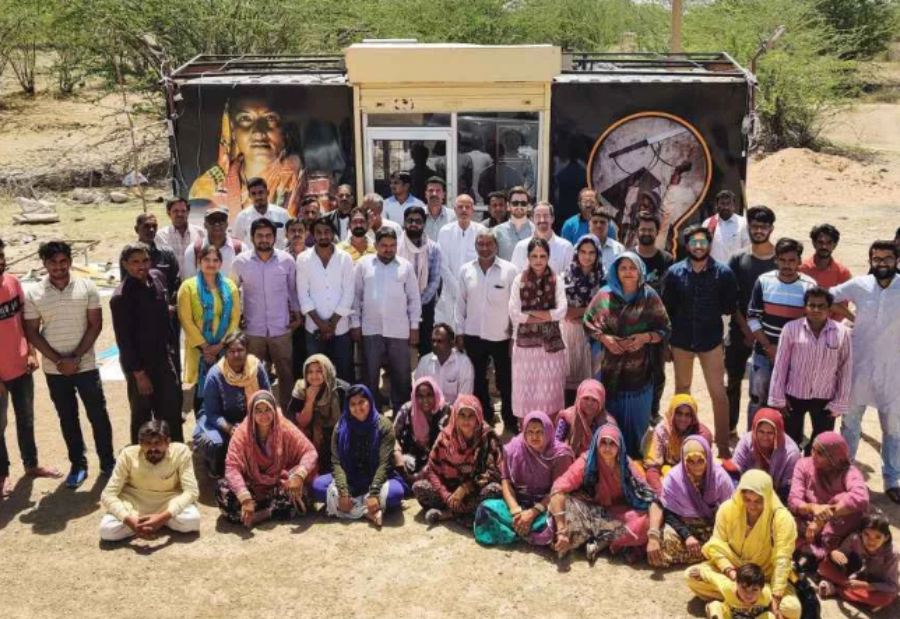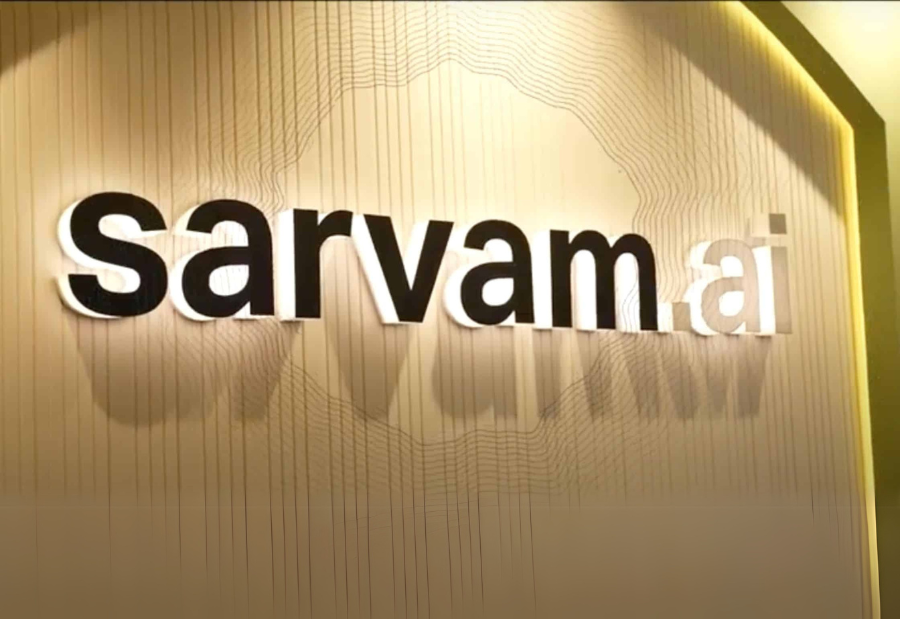In the heart of India’s forgotten villages, a quiet revolution is unfolding. Over 300 women, trained as solar engineers by EMPBindi International under the leadership of Harsh Tiwari, are breaking barriers, bringing sustainable energy, and rewriting the story of rural life.
Amidst the rugged mountains of Nichlagarh, Rajasthan, Thavri Devi’s world once lived in darkness. Pulled out of school by Class 5 and tied to a life of domestic chores and livestock care, hope seemed distant—until an extraordinary opportunity arrived. Chosen for a five-month solar engineering course in Harmada, Thavri’s determination overcame family hesitations. “Women in our community never went out without a veil, and I had never travelled even to the nearest urban area alone. As I departed, the entire village gathered, teary-eyed. No woman had ever set out alone on such a journey,” she recalls.
Mastering skills from soldering to fault-finding, Thavri returned not just as a daughter of the village, but as its beacon. Today, she proudly earns Rs 5,700 a month, lighting up her village and inspiring countless others. Her efforts even earned her the Adi Sewa Gaurav Samman and the Tribal Talent Award.
Much like Thavri, hundreds of women across 10 states including Jharkhand, West Bengal, Mizoram, and Nagaland have embraced the role of solar engineers. They are now the first call when solar panels falter, keeping homes, schools, and health centres illuminated.
Harsh Tiwari’s journey from a corporate engineer to a grassroots changemaker began during a rural fellowship, revealing stark inequalities between urban and rural life. Recognizing women’s potential, he initiated a training programme simplifying complex solar technology into accessible knowledge. “The programme is designed to demystify technology that was traditionally considered complex and male-dominated,” he says.
These women, known as solar engineers and solar sakhis, maintain decentralized energy systems and spread solar-powered solutions for agriculture and livelihoods. “Once the basic energy needs of the village are met, there is a growing demand for larger energy-based solutions,” Harsh explains.
Convincing communities was no easy task. Yet today, these women are pillars of their villages, with over 6,000 solar tools distributed and 3,000 homes powered.
Harsh believes, “The goal is not just to provide light but to illuminate all facets of life.” His dream is clear—build a future where rural women lead India’s sustainable revolution.
Also read: Viksit Workforce for a Viksit Bharat
Do Follow: The Mainstream formerly known as CIO News LinkedIn Account | The Mainstream formerly known as CIO News Facebook | The Mainstream formerly known as CIO News Youtube | The Mainstream formerly known as CIO News Twitter |The Mainstream formerly known as CIO News Whatsapp Channel | The Mainstream formerly known as CIO News Instagram
About us:
The Mainstream formerly known as CIO News is a premier platform dedicated to delivering latest news, updates, and insights from the tech industry. With its strong foundation of intellectual property and thought leadership, the platform is well-positioned to stay ahead of the curve and lead conversations about how technology shapes our world. From its early days as CIO News to its rebranding as The Mainstream on November 28, 2024, it has been expanding its global reach, targeting key markets in the Middle East & Africa, ASEAN, the USA, and the UK. The Mainstream is a vision to put technology at the center of every conversation, inspiring professionals and organizations to embrace the future of tech.




